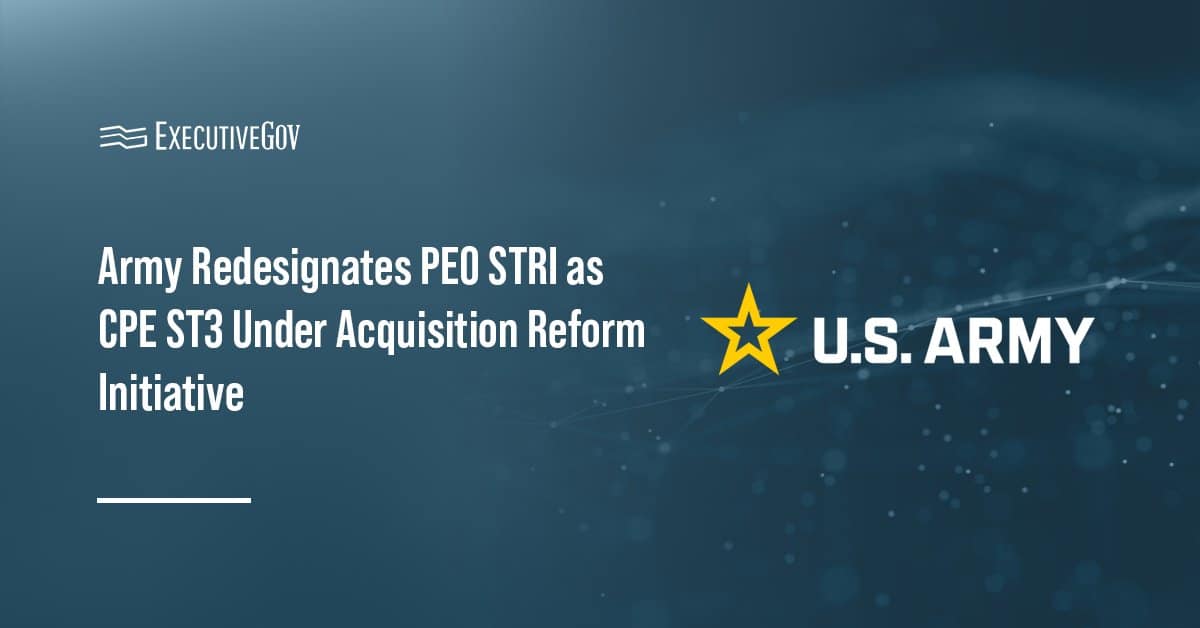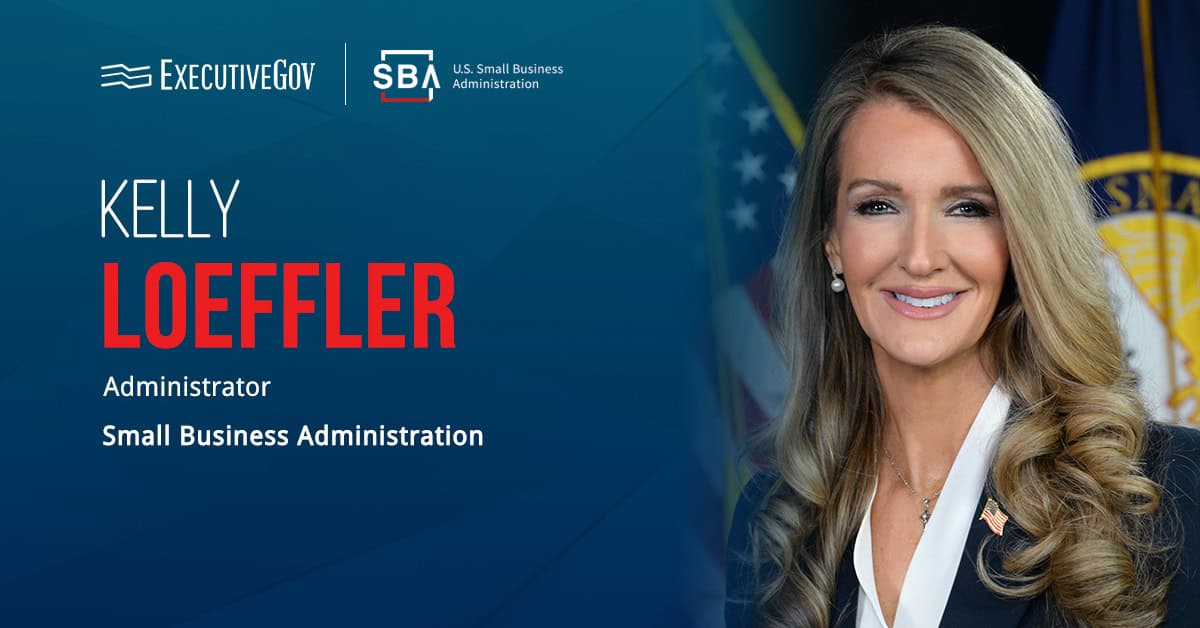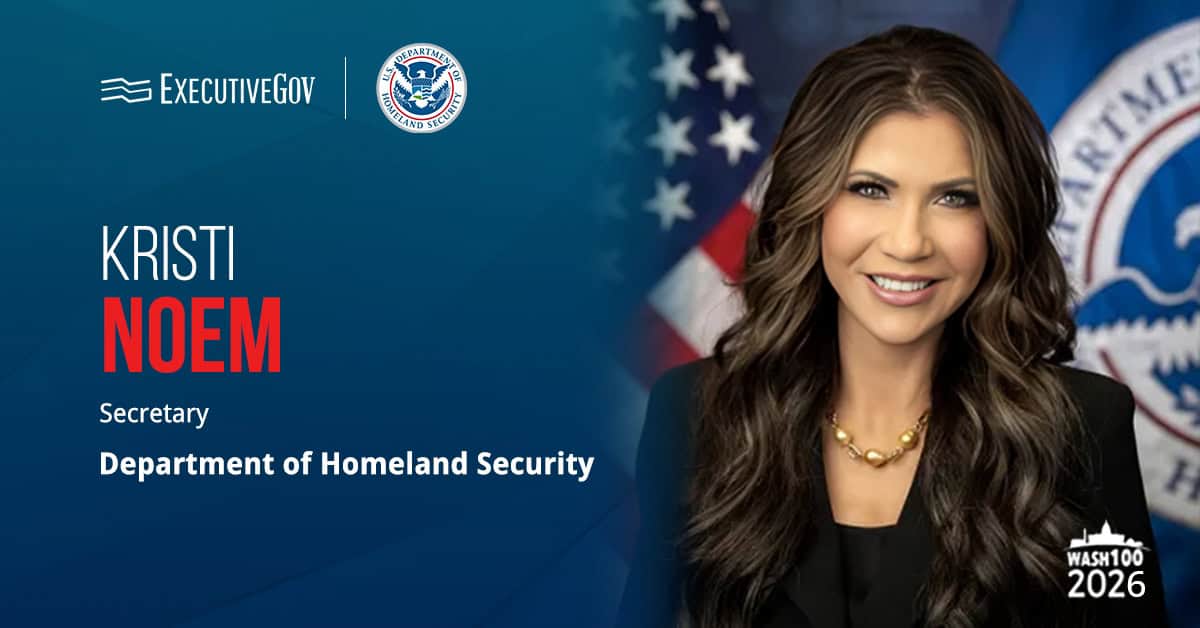Brig. Gen. Robert Collins, the U.S. Army's program executive officer for tactical networks, said the military wants to purchase end-to-end services and resilient hardware that can receive satellite communications in harsh environments.
He spoke Wednesday at the Satellite 2021 conference about the military's need for a tactical, expeditionary network, Space News reported the same day.
Clare Grason, who leads the U.S. Space Force’s Commercial Satellite Communications Office, said future warfare would require a system of multi-layer and multi-band satcom services.
The military is interested in satcom services that combine multiple satellites from across different orbits including low-Earth. She said USSF plans to base this future satcom approach on Iridium's existing model for expanded partnerships with the private sector.





